Sierra Leone
Earlier this year, Sierra Leone’s world renowned Tacugama chimpanzee sanctuary shut down to protest the destruction of surrounding forest in the Western Area Peninsula National Park. Five months later, it’s once again welcoming visitors to the sanctuary.
Set in the Western Area Peninsula National Park, Tacugama is a refuge for orphaned and rescued chimpanzees.
After a five month closure, it's once again welcoming visitors back into the sanctuary. The shutdown was a bold protest against forest destruction around its boundaries.
The sanctuary is home to over 120 chimpanzees, most of them orphans rescued from poaching or habitat loss. The chimps are rehabilitated at the centre before being released back into the wild.
“Presently we have 120 chimpanzees in the sanctuary that are going to rehabilitation centre,” says tour guide Sulaiman Albert Sesay. “We have the stage two, three, four, and stage five, which is the last stage. So the chimpanzees have to go through this stage before they can get ready to be released back into the wild.”
Challenges
Founded in 1995 by conservationist Bala Amarasekaran, Tacugama has endured decades of challenges, from civil war to Ebola. Now it's become Sierra Leone’s leading ecotourism destination and a beacon of wildlife conservation across West Africa.
Following government commitments to strengthen protection of the area, Tacugama reopened on November 1, marking what management calls a turning point in the fight against habitat loss.
In closing down the sanctuary temporarily, Amarasekaran had hoped to spur the government into action, despite the risks that came with losing funds from visiting tourists. He says he’s seen improvements: the government has introduced some law enforcement and they're allowed to plant trees.
"So we started planting 100,000 trees about ten days back, we are somewhere around 60,000 now. So that will also create some sort of a buffer for what we have lost from that area,” says Amarasekaranhe.
The Western Area Peninsula National Park has been accepted as a tentative UNESCO World Heritage Site. According to UNESCO, it hosts 80 to 90 percent of the Sierra Leone’s terrestrial biodiversity.




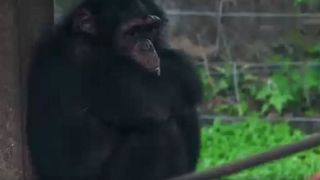
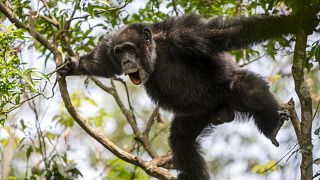
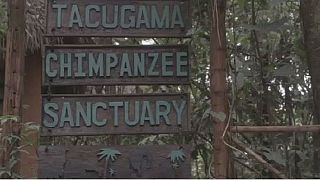
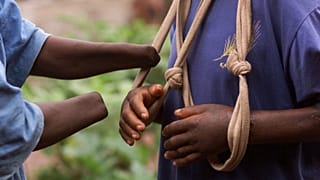

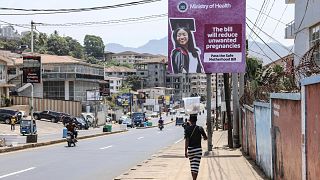
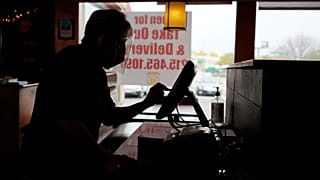
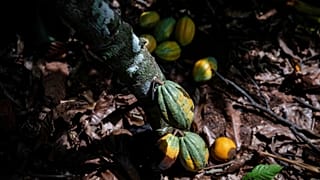
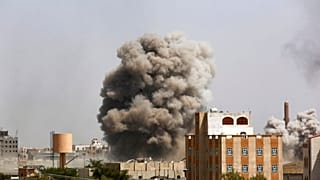
01:53
Conservationists help save the eyesight of a rhino in Zimbabwe
01:15
South Africa reports 16% drop in rhino poaching for 2025
02:28
Kenya: the man rescuing wild birds, even without a roof over his head
02:24
In Senegal, observing chimpanzees saves some from working in the mines
02:17
AFCON 2025: The coelacanth, Comoros' national symbol in football and beyond
01:14
Danish Queen Mary makes official visit to Kenya